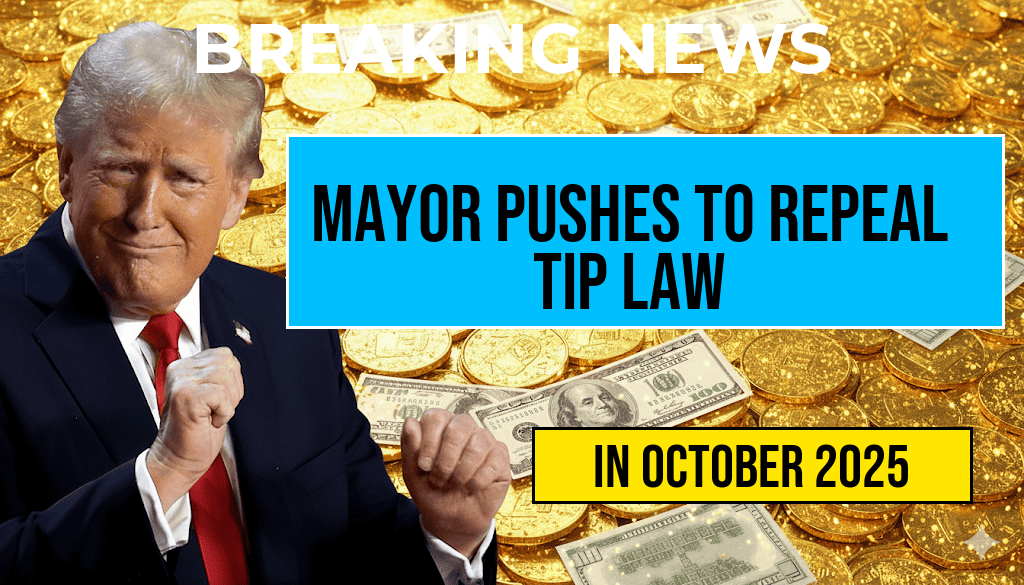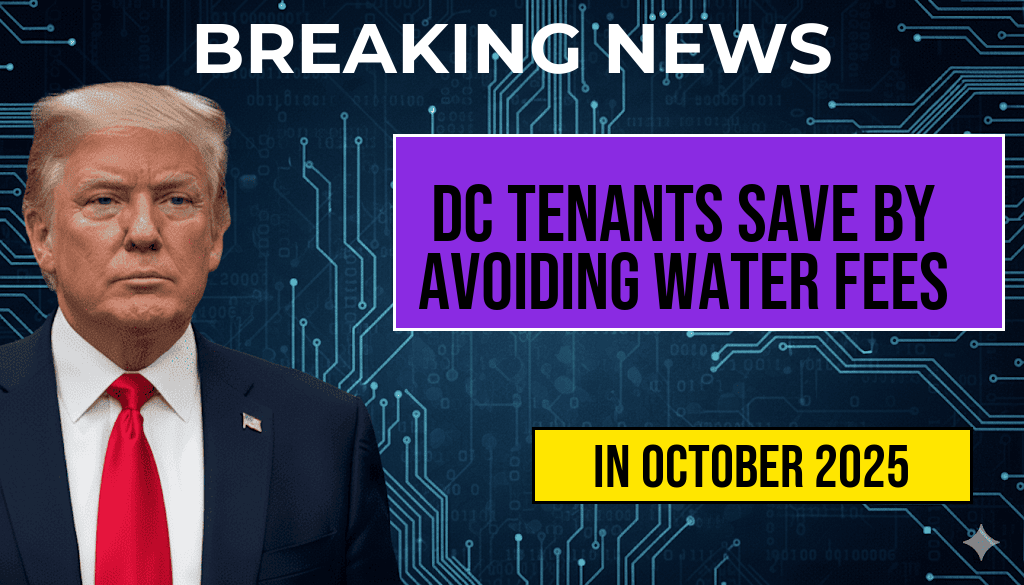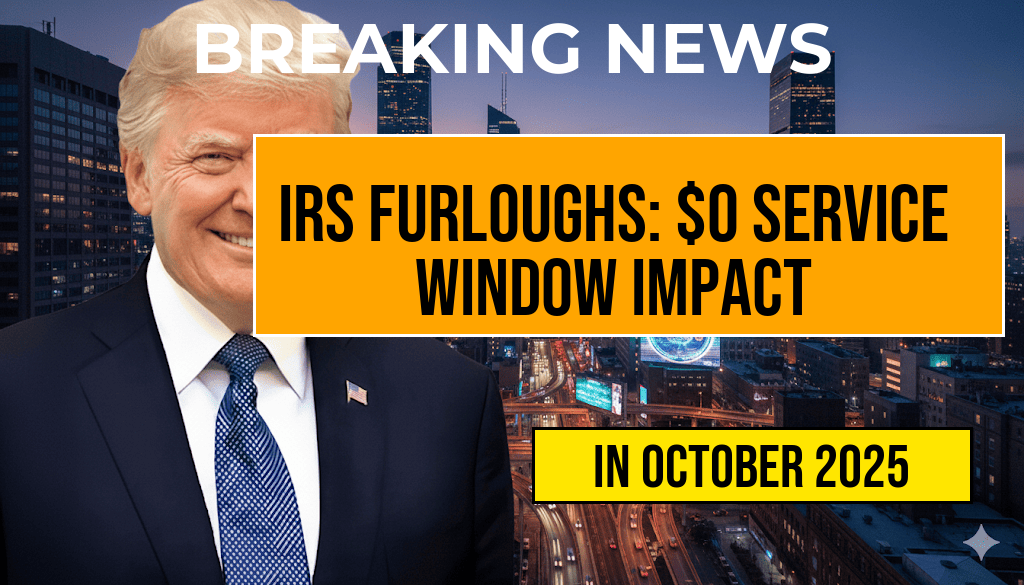In a bold move to tackle a staggering $1 billion budget shortfall, Mayor Jane Smith is advocating for the repeal of the city’s controversial tip law, which has long been a point of contention among local businesses and workers. The tip law, enacted in 2015, mandates that businesses cover the minimum wage for tipped employees, causing significant financial strain in the hospitality sector. With the city’s budget deficit projected to widen in the coming years, the mayor believes that repealing this law could provide much-needed relief and generate additional revenue. The proposal has sparked intense debate among stakeholders, with some arguing that it could undermine workers’ rights while others see it as a necessary step to ensure economic stability.
Understanding the Budget Crisis
The city is grappling with a profound financial crisis, driven by decreased tax revenues, rising costs, and the lingering effects of the pandemic. Mayor Smith’s administration has been exploring various avenues to bridge the budget gap, including cuts to public services, increased taxes, and now, a potential repeal of the tip law.
Impact of the Tip Law on Local Businesses
According to a recent report from the Forbes, the tip law has significantly affected the restaurant and hospitality industry. With rising operational costs, many establishments have struggled to maintain profitability, leading to layoffs and reduced hours for employees.
- Financial Strain: Many local businesses report a 30% increase in operational costs since the law’s implementation.
- Job Losses: The restaurant industry has seen a 15% decline in workforce numbers over the past two years.
- Employee Satisfaction: While some employees appreciate the law for ensuring a stable income, others argue it has limited their earning potential.
Arguments for Repeal
Supporters of the repeal argue that removing the tip law could restore flexibility for employers and employees alike. They claim that allowing businesses to adjust their wages based on customer tips could lead to higher overall earnings for workers and improved financial viability for establishments.
Advocates point out several potential benefits:
- Increased Employment: Businesses may be more willing to hire additional staff without the financial burden of the current wage mandates.
- Higher Customer Satisfaction: Diners may enjoy better service if businesses can offer competitive wages tied to performance and tips.
- Revenue Generation: The city could see an uptick in tax revenue as businesses stabilize and thrive.
Concerns About Worker Rights
Opponents of the repeal raise valid concerns regarding workers’ rights and income stability. Many tipped employees rely heavily on their tips to make ends meet, and the repeal could lead to decreased wages overall. Labor organizations are mobilizing to ensure that workers’ voices are heard in this discussion.
Key points of concern include:
- Income Inequality: Workers fear that the repeal may disproportionately affect those who depend on tips.
- Job Security: Uncertainty about income could lead to increased turnover and instability in the workforce.
- Consumer Perception: There is worry that patrons might reduce tipping if businesses no longer guarantee a minimum wage.
Next Steps in the Legislative Process
The mayor’s proposal will undergo a series of discussions in the city council, with public hearings scheduled to gather input from both supporters and detractors. The council is expected to vote on the matter in the coming months, and the outcome will significantly shape the future of the city’s economy and its workers.
| Year | Projected Revenue Increase | Projected Job Growth |
|---|---|---|
| 2024 | $200 million | 5,000 jobs |
| 2025 | $300 million | 8,000 jobs |
| 2026 | $500 million | 12,000 jobs |
As the city embarks on this pivotal discussion, stakeholders from all sides are urged to participate in the dialogue, ensuring a balanced approach to the challenges at hand. The mayor’s proposal not only seeks to address the budget crisis but also aims to reshape the future landscape of labor and business in the city.
Frequently Asked Questions
What is the main reason the Mayor is advocating for the repeal of the tip law?
The Mayor is advocating for the repeal of the tip law to help address a significant $1 billion budget shortfall faced by the city.
How does the tip law affect the city’s budget?
The tip law impacts the city’s budget by limiting the income of workers in the service industry, which in turn affects tax revenues collected from these workers and their employers.
What potential benefits could result from repealing the tip law?
Repealing the tip law could lead to increased earnings for service workers, potentially boosting their spending power and contributing to higher tax revenues for the city.
Are there any concerns regarding the repeal of the tip law?
Yes, there are concerns that repealing the tip law could lead to lower wages for some workers, as employers may reduce base pay in favor of relying more on customer tips.
What other measures is the Mayor considering to address the budget shortfall?
In addition to repealing the tip law, the Mayor is exploring various options, including potential spending cuts and other revenue-generating measures to help mitigate the budget shortfall.













